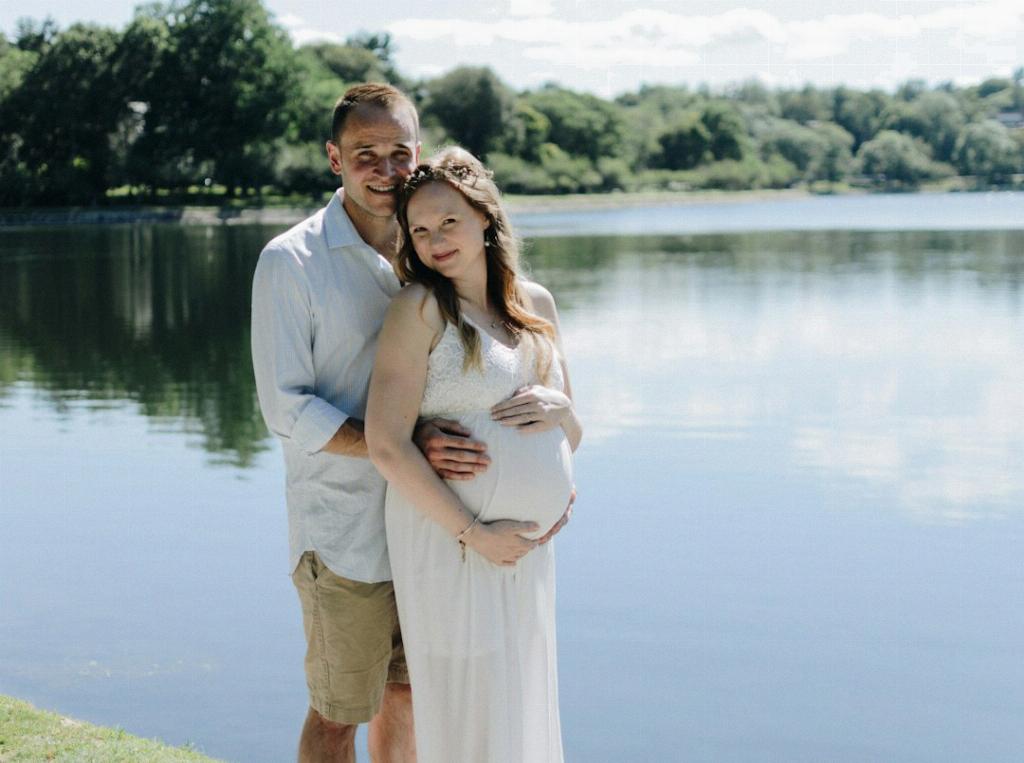When it comes to the scenario of falling on your bottom while pregnant, there are several factors to consider in assessing the potential impact on both you and your baby’s well-being.
It’s important to note that in most cases, falling hard on your bottom is unlikely to directly harm the baby. The uterus, especially in the earlier stages of pregnancy, is well-protected by the pelvis and is often shielded from external trauma.
However, the risk of a placental abruption does exist if there is significant direct impact to the abdomen, especially during the second or third trimesters. A placental abruption occurs when the placenta partially or completely separates from the uterine wall, which can pose serious risks to both the mother and the baby.
Placental abruption can lead to complications such as premature birth, fetal distress, and in severe cases, it may even result in stillbirth. Therefore, any significant trauma to the abdomen during pregnancy should be promptly evaluated by a healthcare provider to rule out any potential complications.
In the event of a fall on your bottom, it is essential to monitor yourself for any signs of distress or unusual symptoms. It is normal to experience some degree of fear and anxiety following such an incident, but staying calm and observant can help in determining the next steps to take.
If you experience any sudden or severe abdominal pain, vaginal bleeding, contractions, or a decrease in fetal movement after a fall, it is crucial to seek immediate medical attention. These could be signs of a more serious issue such as a placental abruption or other pregnancy complications.
On the other hand, if you have fallen but do not experience any concerning symptoms, it is still advisable to inform your healthcare provider about the incident during your next prenatal visit. This will allow them to monitor your and your baby’s health more closely and address any potential issues proactively.
Moreover, practicing caution and taking preventive measures to minimize the risk of falls during pregnancy is crucial. This includes wearing appropriate footwear, avoiding slippery surfaces, using handrails for support when needed, and being mindful of your surroundings to prevent accidental falls.
Staying physically active and maintaining good posture and balance can also help reduce the likelihood of falling during pregnancy. Engaging in activities like prenatal yoga or swimming, which focus on strengthening core muscles and improving balance, can be beneficial in this regard.
Ultimately, while the majority of falls on the bottom may not lead to immediate harm to the baby, it is essential to be aware of the potential risks and take necessary precautions to safeguard both your and your baby’s well-being throughout the pregnancy.
By staying informed, proactive, and in close communication with your healthcare provider, you can navigate any unforeseen incidents with confidence and ensure a safe and healthy pregnancy journey for you and your baby.

